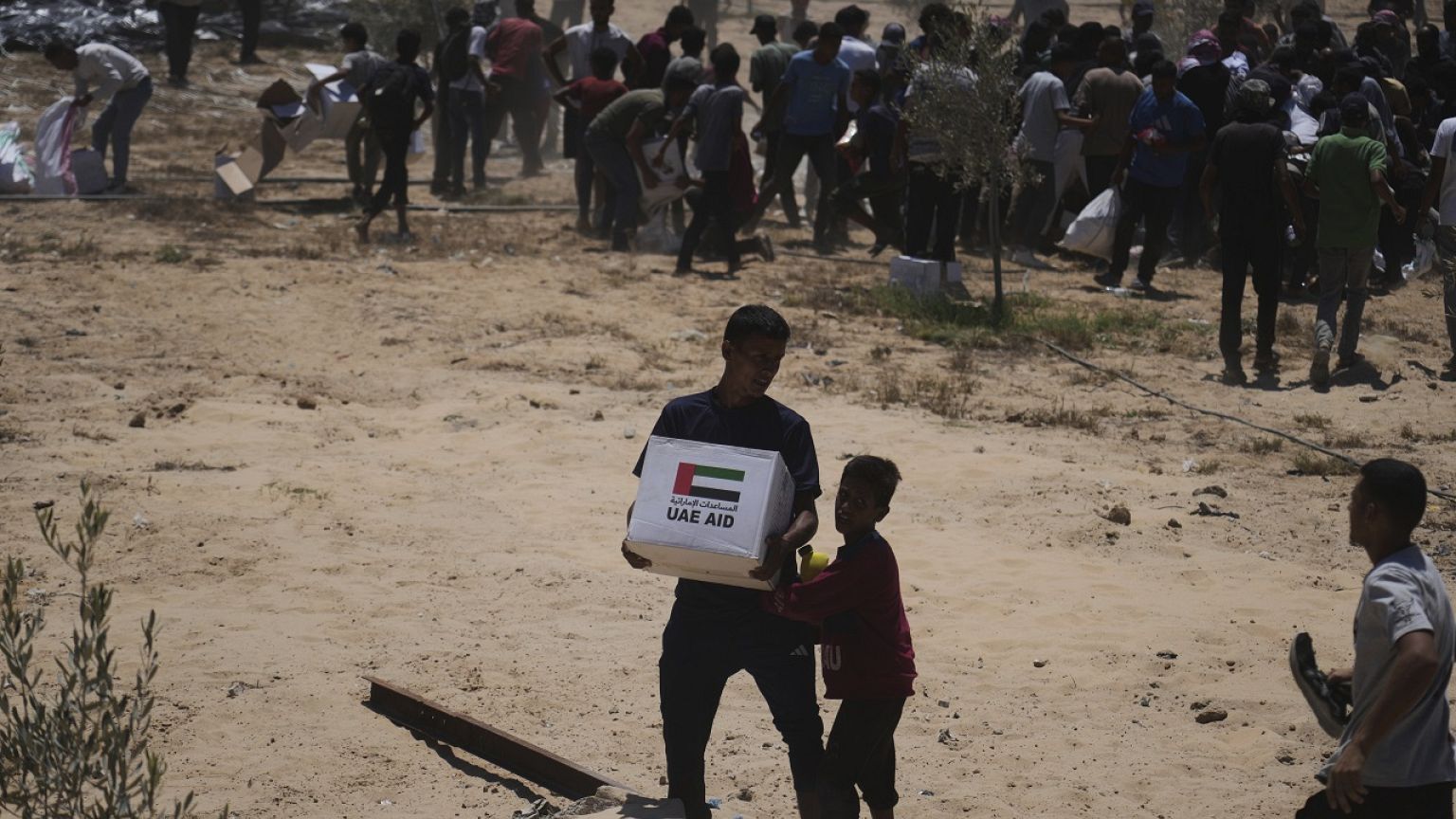Politics
Dutch Privacy Authority Criticizes Israel’s New Aid Regulations

The Dutch data protection authority has raised significant concerns regarding new Israeli privacy requirements for aid organizations operating in Palestinian territories. This warning from the Autoriteit Persoonsgegevens (AP) calls for the Netherlands government to formally condemn these regulations, which the AP claims violate EU data protection rules.
As of September 2023, the Israeli government mandates that all aid organizations must undergo a rigorous registration process. This includes disclosing personal data about their employees, as well as information about their families. The AP’s statement indicates that these requirements extend to the names of donors, who must also provide “background information” and the exact amounts donated. The exact nature of what constitutes background information remains vague, raising concerns about potential misuse of data for screening and profiling purposes.
In its statement, the AP highlighted that the new obligations could place aid organizations in a difficult position. They may be forced to choose between protecting the rights of their employees and continuing their essential work in Gaza. The authority has urged the Dutch Foreign Affairs Ministry to engage with the European Commission, as these measures could have implications for other European aid organizations as well.
The AP is also in discussions with its European counterparts to assess how these new regulations align with the EU’s data transfer agreement with Israel. This agreement, known as the adequacy decision, asserts that data protection standards in Israel are equivalent to those within the European Union. The AP has reached out to the Israeli privacy regulator to express concerns over the new obligations imposed on aid organizations.
The situation underscores the tension between national security measures and the fundamental rights of individuals, particularly in the context of humanitarian aid. As discussions continue, the impact of these regulations on aid efforts in the region remains a critical point of concern for regulators and organizations alike.
-

 Top Stories3 months ago
Top Stories3 months agoTributes Surge for 9-Year-Old Leon Briody After Cancer Battle
-

 Entertainment4 months ago
Entertainment4 months agoAimee Osbourne Joins Family for Emotional Tribute to Ozzy
-

 Politics4 months ago
Politics4 months agoDanny Healy-Rae Considers Complaint After Altercation with Garda
-

 Top Stories4 months ago
Top Stories4 months agoIreland Enjoys Summer Heat as Hurricane Erin Approaches Atlantic
-

 World5 months ago
World5 months agoHawaii Commemorates 80 Years Since Hiroshima Bombing with Ceremony
-

 Top Stories3 months ago
Top Stories3 months agoNewcastle West Woman Patricia Foley Found Safe After Urgent Search
-

 Top Stories5 months ago
Top Stories5 months agoFianna Fáil TDs Urgently Consider Maire Geoghegan-Quinn for Presidency
-

 World5 months ago
World5 months agoCouple Convicted of Murdering Two-Year-Old Grandson in Wales
-

 World5 months ago
World5 months agoGaza Aid Distribution Tragedy: 20 Killed Amid Ongoing Violence
-

 World5 months ago
World5 months agoAristocrat Constance Marten and Partner Convicted of Infant Murder
-

 Top Stories4 months ago
Top Stories4 months agoClimbing Errigal: A Must-Do Summer Adventure in Donegal
-

 Top Stories4 months ago
Top Stories4 months agoHike Donegal’s Errigal Mountain NOW for Unforgettable Summer Views









